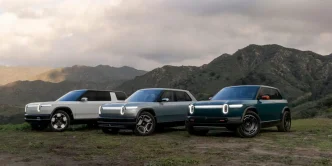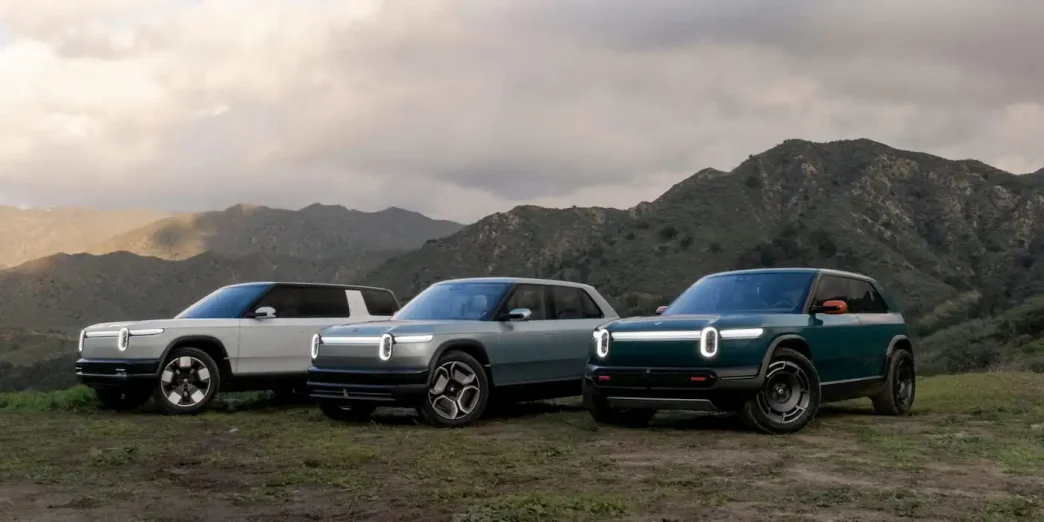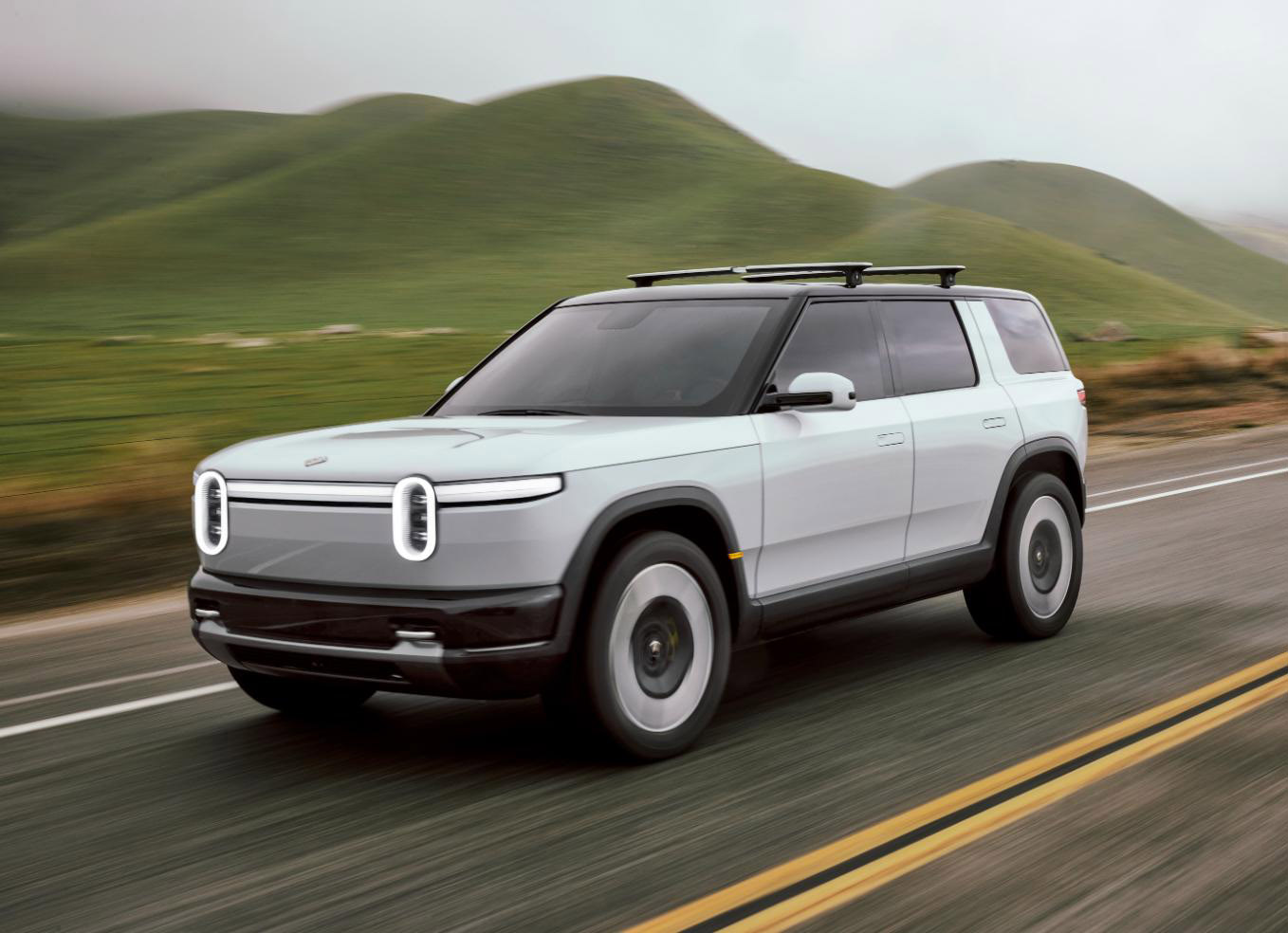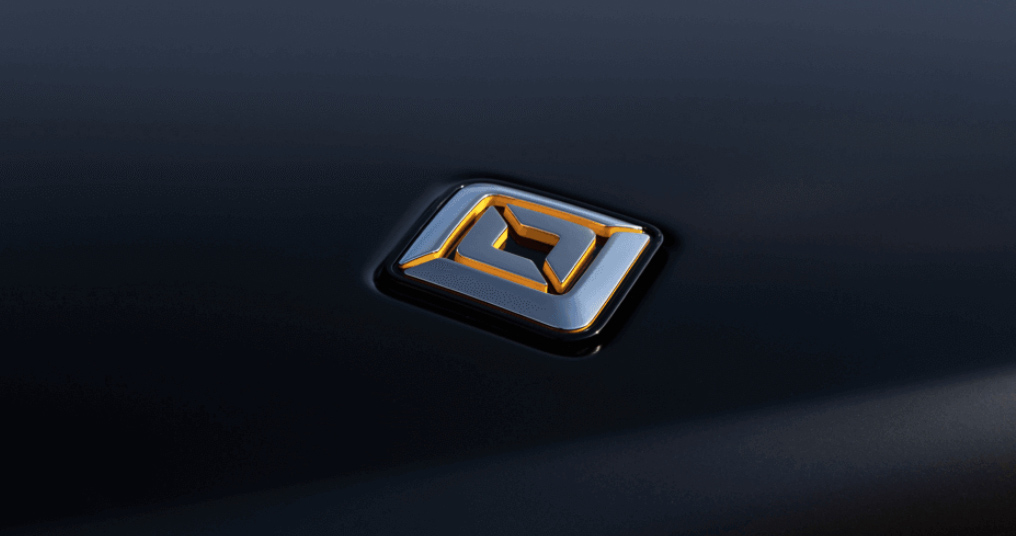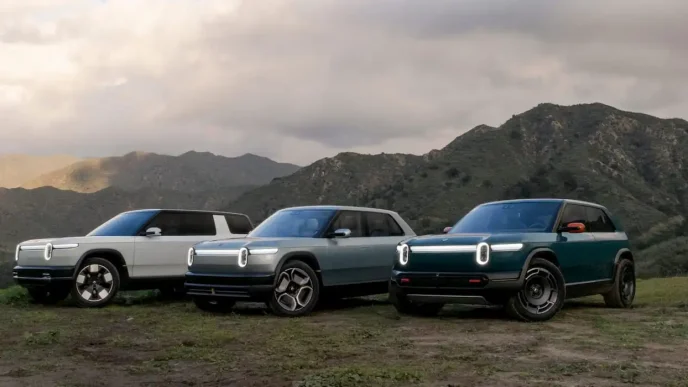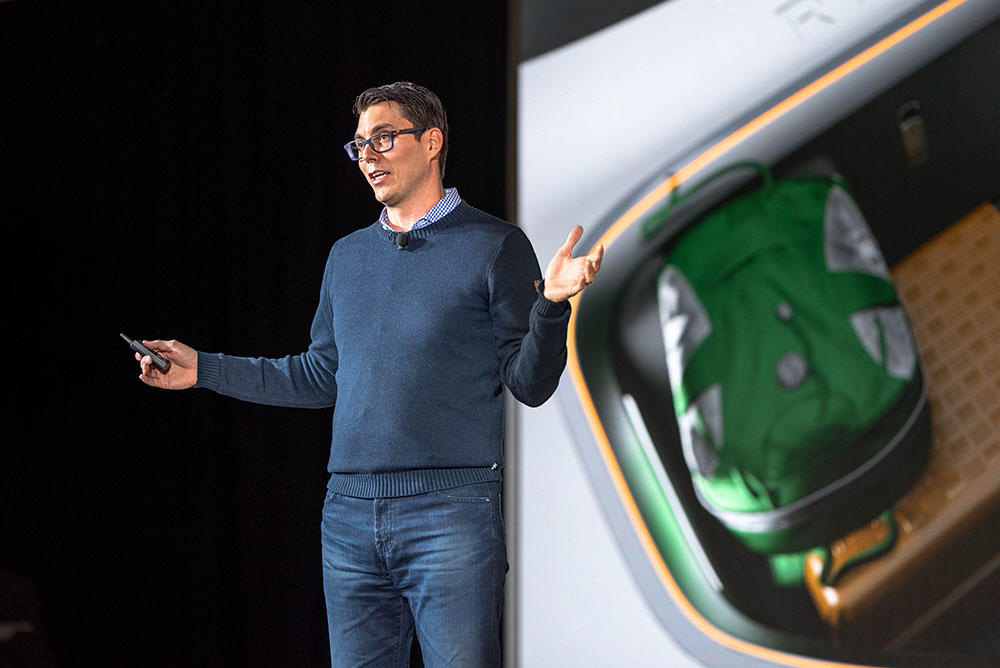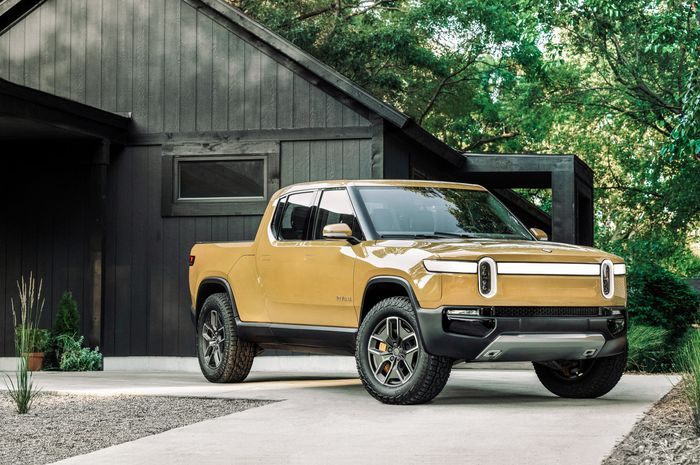Electric vehicle manufacturer Rivian reported its first quarterly revenue decline since going public in 2021, with third-quarter revenue falling by 34.6% to $874 million. This figure missed analysts’ estimates of $989.6 million, according to data from LSEG, as component shortages affected production and revenue.
CEO RJ Scaringe acknowledged the impact of these shortages, stating, “We weren’t able to build all the products and the mix of products that we planned, and so that affected us on the demand side and on the revenue side.” Last month, Rivian lowered its 2023 production forecast from 57,000 to between 47,000 and 49,000 vehicles due to a shortage of a part used in the drive unit.
Despite the current challenges, Rivian anticipates growth in deliveries next year, projecting between 50,500 and 52,000 vehicles for 2024, up from 50,122 units delivered in 2023. Rivian also narrowed its net loss to $1.1 billion for the third quarter, compared to a $1.37 billion loss in the same period last year.
However, its cash reserves dropped to $5.4 billion, down from $7.86 billion at the end of last year, raising the possibility of a funding round within the next two years as it works toward profitability, which analysts expect in the third quarter of 2026.
The company also announced a new multi-year supply agreement with LG Energy Solution’s Arizona division to provide batteries for its upcoming R2 midsize SUV. The deal aligns with requirements under the Biden Administration’s Inflation Reduction Act, which offers incentives to EV buyers through domestic sourcing.
Scaringe remarked on the evolving policy landscape, stating, “We’re closely analyzing a variety of outcomes that could play out with the change in administration,” referring to the potential for shifts in EV incentives if former President Donald Trump were to return to office.

